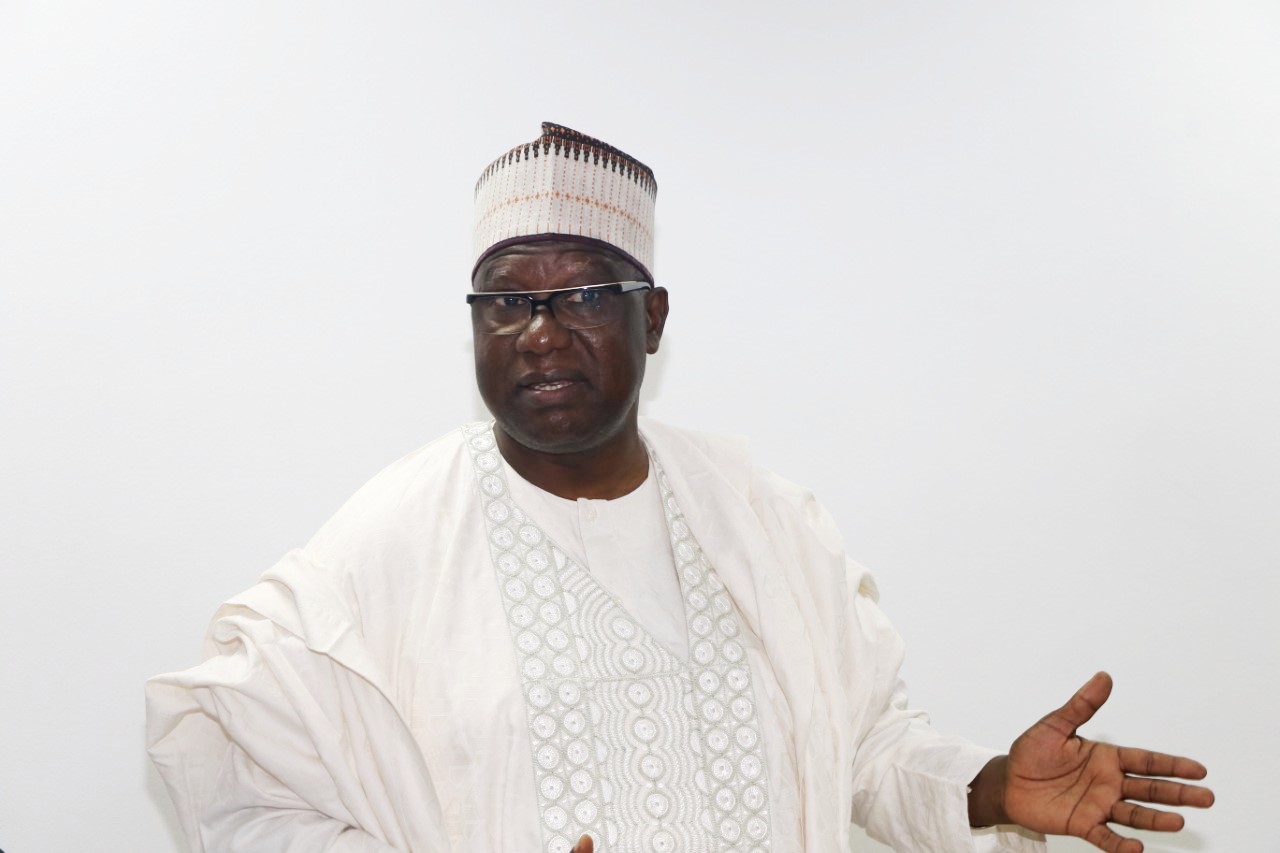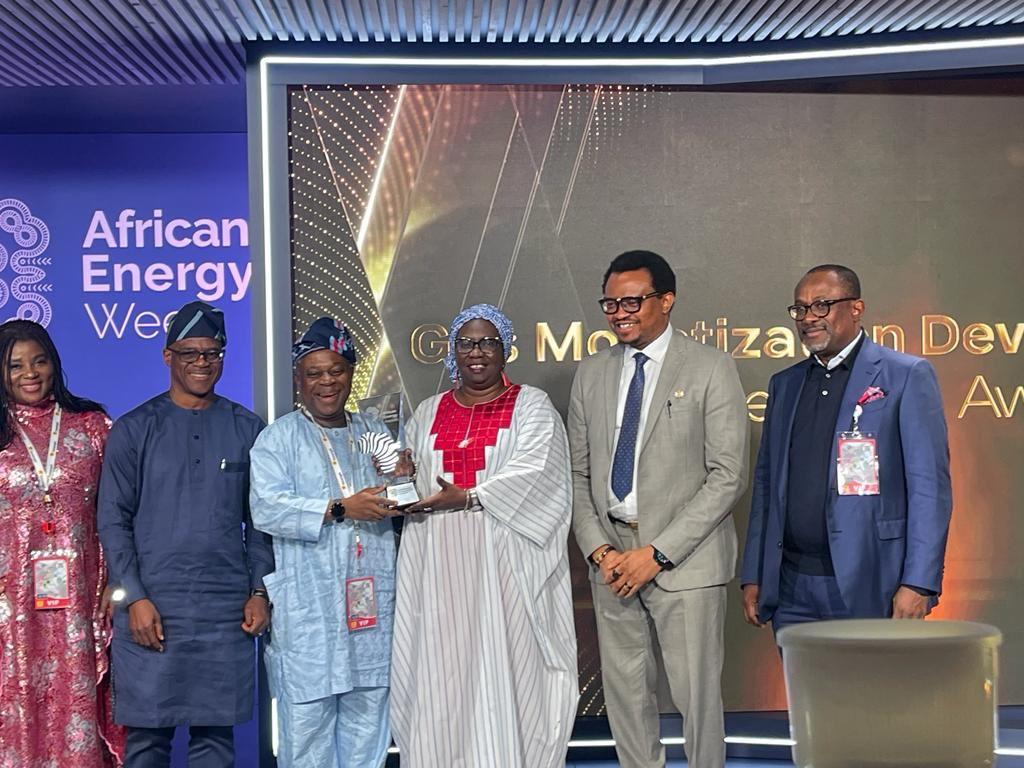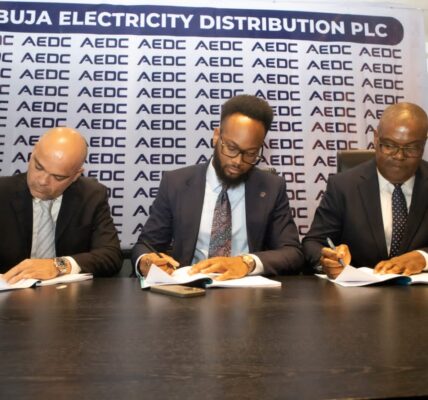Two out of the 43 modular refineries licensees have completed construction activities in Niger Delta and ready for inauguration before the end of this week.
A credible source in the Ministry of Petroleum Resources, confided in Business Hilights Abuja Bureau chief that “Though the production outputs of the refineries are relatively low, they will raise local supplies and cause a drop in imports”.
The source further revealed that “Having observed the dollar differentials in exchange rate, the Federal Government has approved import waiver to enable the remaining 41 licensees deliver their refineries on record time”.
Recall that the Federal Government had been spearheading efforts to revive existing refineries and bridge shortage in downstream infrastructure with it termed ‘Seven Bigwins Policy’ (7BigWins)
The big wins include driving down petroleum import reliance using modular refinery window and normal conventional large size refineries like the Dangote Refinery Lekki.
Investigations show that whereas Petrolex received licence for a 250,000 barrels refinery, another consortium, with 100,000 barrels in view also received license refinery in Port Harcourt. Apart from the duo expected to come on stream sooner, there are many other modular refineries being established, from 1000 to 30000 barrels capacity.
A Ministry official further revealed two of the 43 modular refineries licensees that will come on stream this week have 10,000 and 5,000 as their capacities.
The officials was quick to recall that the key objective of modular refinery is to ensure that the big capital requirement, which seems to be the major reason why refineries are not established is overcome by building small size refineries.
Currently, checks show that whereas a 7,000-barrel capacity modular refinery is located in Kwale, Delta State, others are spread across the states including Imo, Nassarawa, and Lagos.
In his remarks, the chairman of the steering committee on Nigerian Gas Flare Commercialization Program (NGFCP), Engr Rariu Suleiman who also doubles as Senior Technical Adviser to Minister of State for Petroleum on Refineries and Downstream Infrastructure, said “Refineries cannot be too many in Nigeria. We want to ensure that all our crude is not exported. We want crude to be refined in Nigeria so that we can take advantage of the total value chain of crude oil conversion.”
“Like I said earlier, government is doing much to encourage investors. It may interest you to hear that President Muhammadu Buhari recently granted approval for custom duty waivers to the three modular refineries that are in advanced stages in Rivers, Delta, and Imo states.
Continuing, Engr Suleiman averred that “It means that all the equipment that will be brought in after being vetted by the government would be brought in for free without payment of custom duty. That would save them a good amount depending on the size and complexity of the refinery.”








